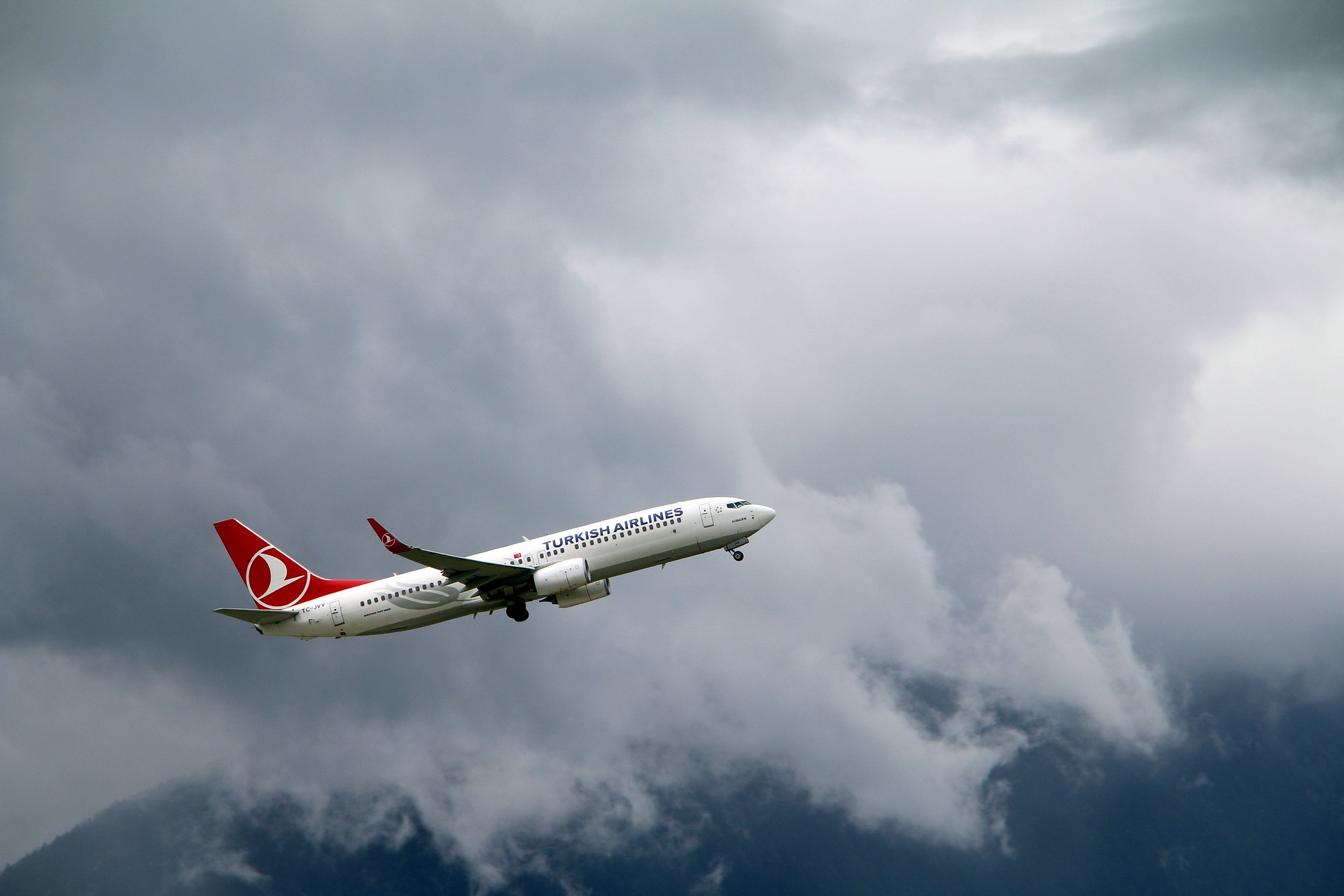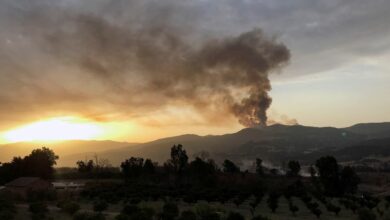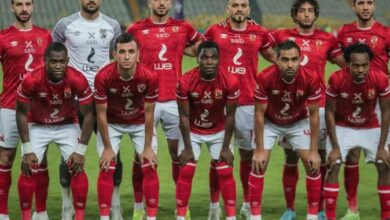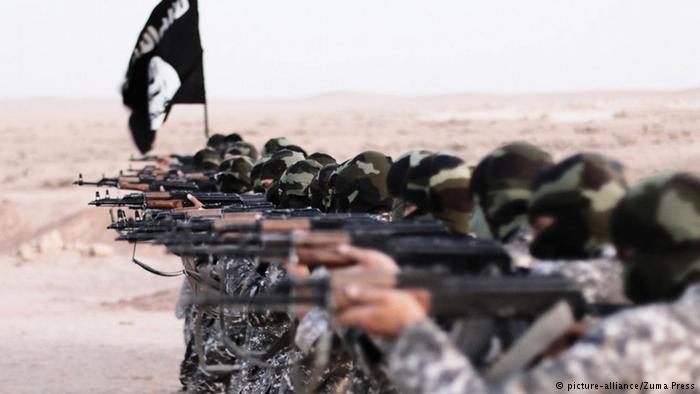
Algerians for the first time in the country, let alone the whole region’s history, is ruled by a sick, wheelchair-bound president whose stroke last year left his speech and mobility impaired.
After 15 years in power, 77 year old Abdulaziz Bouteflika surprised Algerians when he ran and won 81.53 percent of the vote in elections that critics claim is marred with irregularities and “fraud on a massive scale”.
“Our history will remember this date as a great crime against the nation by stealing the voice of the citizens and blocking popular will,” said Ali Benflis, a presidential contender who came second with 12.18 percent.
Benflis was a former justice minister and prime minister and a human rights defender who gained a reputation among Algerians as a reformist.
Like any autocratic regime when faced with prominent opposition figures, Bouteflika tried to tarnish the image of Benflis, “accusing him one time of being a terrorist and the other time as a foreign agent, but this helped to build a consensus around him,” said Scander Sofi from Benflis’ campaign, who sat down with Egypt Indepedent in an exclusive Washington, DC interview.
The ailing president did not appear during his campaign and was seen on TV casting his vote on a wheelchair and sworn in confusedly. All these signs stirred questions of how he will govern a country reeling from a high rate of unemployment and corruption.
Despite that Bouteflika’s autocratic regime is similar to the Ben Ali, Mubarak and Qaddafi regimes ousted in the Arab revolts, Algeria under Bouteflika is the only republican country in North Africa that did not go through the Arab Spring turbulence. Simply, the OPEC producer “had its own Spring in 1990s followed by a civil war” that left more than 150,000 Algerians brutally killed in the country of 25 million back in 1991.
Relatively reminiscent to Egypt’s current post-revolution’s transition, in 1990s, Islamists, led by the Islamic Salvation Front (FIS) party were ousted by the military after they won Algerian elections and were close to forming a government.
In a surprise movement, the military-backed government had a heavy-handed crackdown on Islamists and banning the FIS and putting thousands of its members in jail, Islamist guerrillas rapidly emerged and waged an armed campaign targeting the government and its supporters. Such a tug-of-war soon escalated into the brutal civil war which is still fresh in Algerian memories.
In 1999, Bouteflika came to power and kept the stability of the country however the opposition claims that Bouteflika was always a puppet at the hands of the military who allegedly instigated the civil war.
“It is not Bouteflika who protected the country but the army, when he came to power, the war on terror was already in action,” said ScandarSofi.
Following the Arab Spring that swept over Algerian neighboring countries including Tunisia, Egypt and Libya in 2011, Bouteflika took advantage of the Arab youth calls for democratic reforms in the region to scare Algerians of repeating the brutality of the civil war, especially after these calls met with more turmoil and terrorism.
Algeria’s rising opposition
Bouteflika succeeded in remaining in power and keeping the status quo in Algeria for three years in the aftermath of Arab Spring-post regional turmoil. But this time, “the opposition from across the spectrum is determined to make a democratic reform in the country through win-win compromise with the regime,” said Sofi who is in charge of the communication in Banflis presidential campaign.
According to Sofi, such compromise requires more relentless efforts than traditional way of change that have not yet achieved its expected outcomes in Arab Spring countries.
No matter Idealistic or realistic the approach is, but the opposition is keen to use the regime's disability to present a new figure who can meet Algerian calls for good governance and democratic reforms, if achieved, Algeria will set a new model for how to make a change without losing the country’s stability.
“The opposition was long divided and weakened by the regime” Sofi says “But Benflis has built a coalition made up of almost 15 political parties from across the spectrum, including, surprisingly, Islamists, secularists, leftists, rightists, etc.”
The goal is to pressure the Bouteflika regime, especially the military and businessmen to adopt democratic reform or leave the power without losing their gains they used to enjoy. “The newly built coalition is also getting cemented in face of conflicting powers and cracks in the regime,” said Sofi.
The idea that Bouteflika ran for the fourth time reflects “the fragility of the regime that failed to produce an alternative to represent Algerians.”
According to Sofi, the most important part in the opposition is how a leadership is selected without any conflicts. “To that end, Benflis is a person whose credibility and his clean history qualifies him to take this role.”
Challenges arise in face of the opposition
Yet, the regime is not expected to keep low-profile towards such rising opposition. “Among challenges we have is the government attempts to buy some figures in the opposition and offer them seats in the government with the goal of weakening the opposition and hollowing it out of most efficient elements,” said Sofi.
The regime will also keep striking fears of the civil war while cracking down on other active figures making up charges such as belonging to foreign powers. The regime could also incite for some terrorist attacks as a pretext to arresting reformists.
Islamists who are a source of fear in post-Arab Spring countries poses no threat as a component of the new front. “The main goal of the front is establishing a new governance, democracy and rule of law, As Algerians we went through the civil war and political Islam is not a challenge any longer,” said Sofi.
Islamists who are part of the coalition is different from armed groups who have no political agenda as they are ostracized after the civil war for adopting violence.
“Muslim Brotherhood in Algeria are not threatening the country’s stability.” As evidence, Gulf countries such as Saudi Arabia, Emirates asked Algeria to put the MB on terror list “but the country refused because they do not pose any threat to the security of the country,” said Sofi.
Sofi said that the Algerian regime must make a compromise for a democratic reform in a peaceful way in return for keeping their positions and interests.
“The compromise is that they should not feel threatened from any change. They will not be in jail for example, they could have profits they had in the past. But they will not be in power” said Sofi.
“It will be a peaceful transition,” he added.




